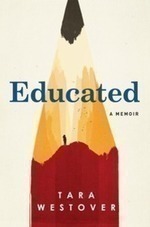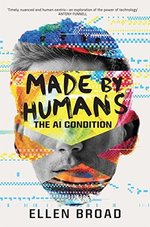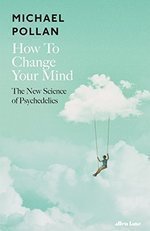The Oregon Experiment by Christopher W. Alexander, Murray Silverstein, Shlomo Angel, Sara Ishikawa, Denny Abrams
Anyone that knows me, knows that Christopher Alexander is basically my personal Jesus. This book is amazing, to me in it’s demonstration of Alexander’s (and collaborators) standard approach to architecture; i.e building via small local activities in an endless cycle according to a specific and developing pattern language. It also contains very important insights, in my mind, in terms of project management and budgeting.































